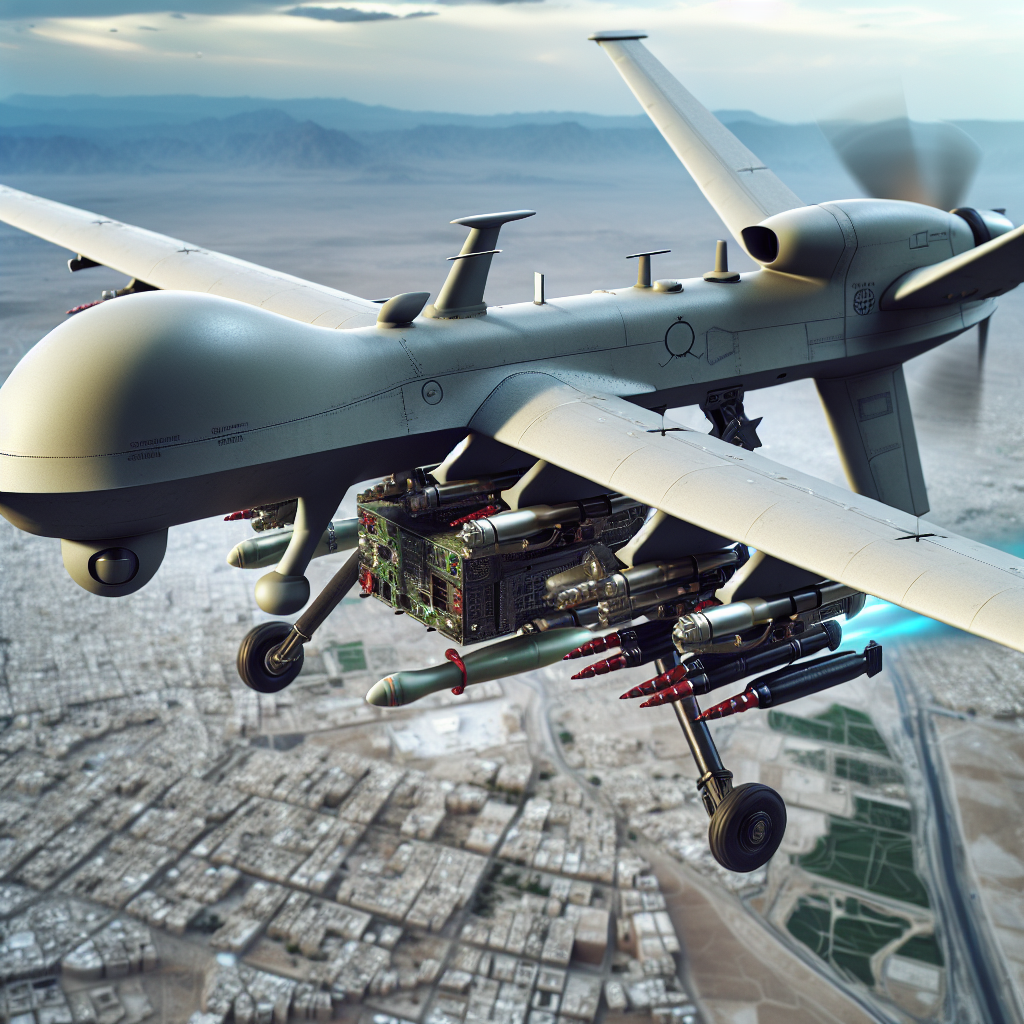Israel Modifies DJI Drones for Bombing and Surveillance in Gaza
Israel Modifies DJI Drones for Bombing and Surveillance in Gaza
Introduction
In a strategic move, Israel has adapted commercial DJI drones for military purposes, enhancing their capabilities for bombing and surveillance operations in Gaza. This development marks a significant shift in the use of consumer technology for military applications.
Key Modifications and Capabilities
- Bombing Capabilities: The drones have been equipped with mechanisms to carry and drop small explosives, allowing for targeted strikes.
- Enhanced Surveillance: Advanced cameras and sensors have been integrated to improve reconnaissance and intelligence-gathering operations.
- Increased Range and Endurance: Modifications have been made to extend the drones’ operational range and flight time, enabling prolonged missions.
Strategic Implications
The adaptation of DJI drones for military use highlights a growing trend of utilizing commercial technology in defense strategies. This approach offers several advantages:
- Cost-Effectiveness: Utilizing commercially available drones reduces costs compared to developing custom military-grade UAVs.
- Rapid Deployment: The availability of these drones allows for quick deployment in response to emerging threats.
- Operational Flexibility: The drones can be easily modified for various missions, providing tactical versatility.
International Reactions
The use of modified commercial drones in military operations has sparked international debate. Concerns have been raised regarding:
- Ethical Considerations: The implications of using consumer technology for lethal purposes.
- Regulatory Challenges: The need for updated regulations to address the dual-use nature of such technologies.
- Security Risks: The potential for these technologies to be used by non-state actors or in unauthorized conflicts.
Conclusion
Israel’s modification of DJI drones for bombing and surveillance in Gaza underscores the evolving landscape of modern warfare, where commercial technologies are increasingly integrated into military operations. This development raises important questions about the ethical, regulatory, and security implications of such practices, highlighting the need for ongoing dialogue and policy adaptation.

















